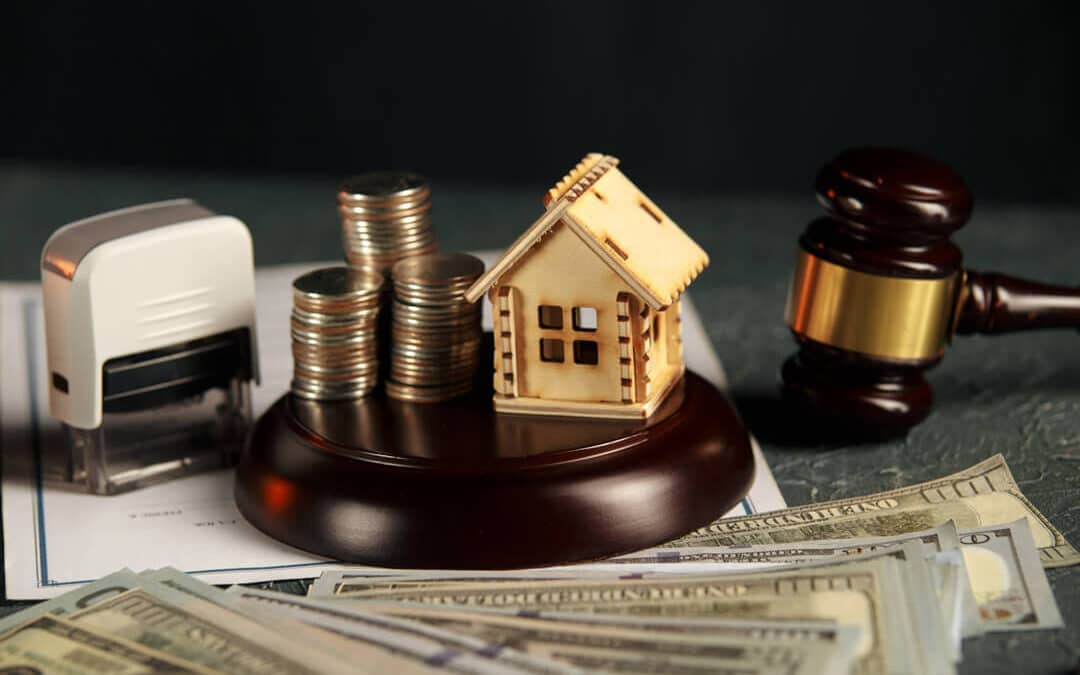When you are in debt and dealing with creditors, you may hear and see many terms that can confuse you. The terms “property lien” and “judgment lien” are two such terms. While these terms relate to each other, they do not mean the same thing.
The distinction between the two terms depends on how a creditor got the “lien”.
Property Liens
A creditor gets a property lien when you voluntarily give them the rights to take your property if you default on a payment agreement.
For example, when you buy a house you may borrow the money from a bank or loan company and sign a contract promising to repay the money over time. The contract will stipulate that if you do not make the required payments, the creditor can take action against you to foreclose on the property.
During the duration of your loan agreement, the creditor has a “lien” on your property.
Judgment Liens
A creditor obtains a judgment lien by suing you to collect on the debt you owe. The creditor will file a lawsuit trying to show the court how you have willfully or fraudulently defaulted on paying them for a product or service. If you do not prove your case, the court will issue a judgment against you demanding you repay the debt.
To ensure they receive repayment the court allows the creditor to place a “judgment lien” against the property you own (real or personal) now or own in the future. Most judgment liens last for 10 years and can be renewed for another 10 years.
For example, the creditor could place a judgment lien on your home which would inhibit you from selling the property without first paying the creditor what you owe. Interest would also accrue yearly on the balance owed making the final payout much larger than the original debt. This could significantly decrease any equity you may have in selling the home.
Handling a Judgment Lien in Alabama
One way to get rid of the judgment lien would be to pay the creditor and get them to release the lien. Alternatively, the lien can typically be released through filing bankruptcy. Paying the lien through a bankruptcy will often not require you to pay the full amount of the judgment. In some cases, you may not have to pay any of it. Remember if you choose to ignore the judgment lien it attaches not only to what you own at the time, but potentially any property you acquire over the next twenty years.
Getting Help Removing a Judgment Lien
Knowing the best option to deal with a judgment lien on your property depends on your financial situation. To make the best decision you should seek the help of an experienced bankruptcy attorney.
Brock & Stout’s bankruptcy attorneys have over 25 years of experience helping clients understand the best actions to take when dealing with judgment liens. Contact us for a free evaluation of your financial situation and let us see if we can help you.

